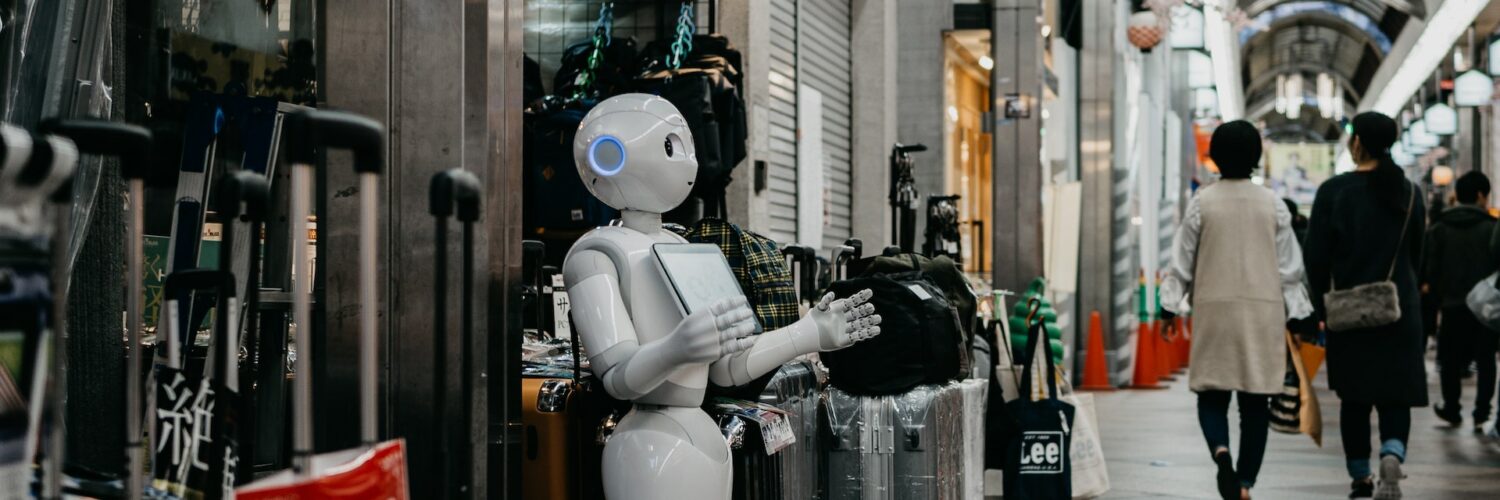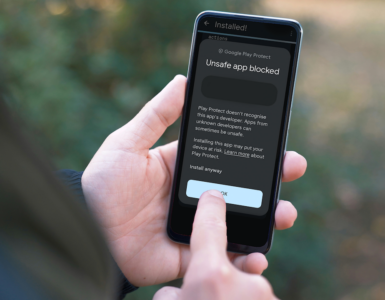When Pepper made its first debut in 2014, it was the world’s first social humanoid robot with the ability to recognise faces and basic human emotions. Many were excited as it showed the potential of what robotics and Artificial Intelligence (AI) can achieve.
In spite of the initial excitement, Softbank, the maker of the AI robot, announced that it would suspend production of the Pepper robot, but emphasised that it is “not dead”. In this article, we discuss what this might mean for the rest of the robotic industry.
High price tag and stocked inventory
Only about 27,000 robots (according to Reuters) have been manufactured since its introduction, despite the extensive media coverage. Softbank has yet to release its sales figures, but it is believed that most robots are being leased out rather than sold.
The robot commands a considerable price tag of US$1,790 and US$20,000 (for universities and businesses) which does not include the $360 mandatory monthly subscription cost. Given that many potential buyers would also be first-time buyers, the price might be a huge deterrent.
Failed to deliver its hopes and expectations
The Pepper bot painted an inaccurate picture of the capabilities of AI, which ultimately held back the development within the industry. Robotics expert Prof Noel Sharkey goes to the extent of saying that the humanoid “was mostly remote-controlled with a human conversing through its speakers”. Indeed, many engineers cited that the robot pivoted between different states too quickly.
The said robot was mainly used at airports, banks, restaurants and universities, a huge contrast from the expected widespread use in areas such as education. Many tasks can be done with simpler robots, such as food delivery robots in restaurants.
Possibility of restarting production?
Despite Softbank’s repeated emphasis on “resuming production as demand increases”, the company has since retrenched half of its employees in its Paris headquarters, sling with half of its sales team in the US and UK. The company also cited that it would be costly to restart production entirely.
With its limited applications in AI-intensive areas such as the educational or healthcare market, the Pepper robot could seem more like a novelty to members of the public and the merchants. The stance that Softbank took with its workforce could be pointing in this direction as well.
A handful of these robots were used to ease the loneliness of people having to go through COVID quarantine measures, where the robot was deployed. As quarantines continue to be carried out globally, it might be a chance for these robots to be deployed for simple hospitality tasks (albeit the sub-standard AI capabilities).
🤓 Like what you read?
Stay updated by following us on Telegram, Facebook, Instagram or on our YouTube channel.







